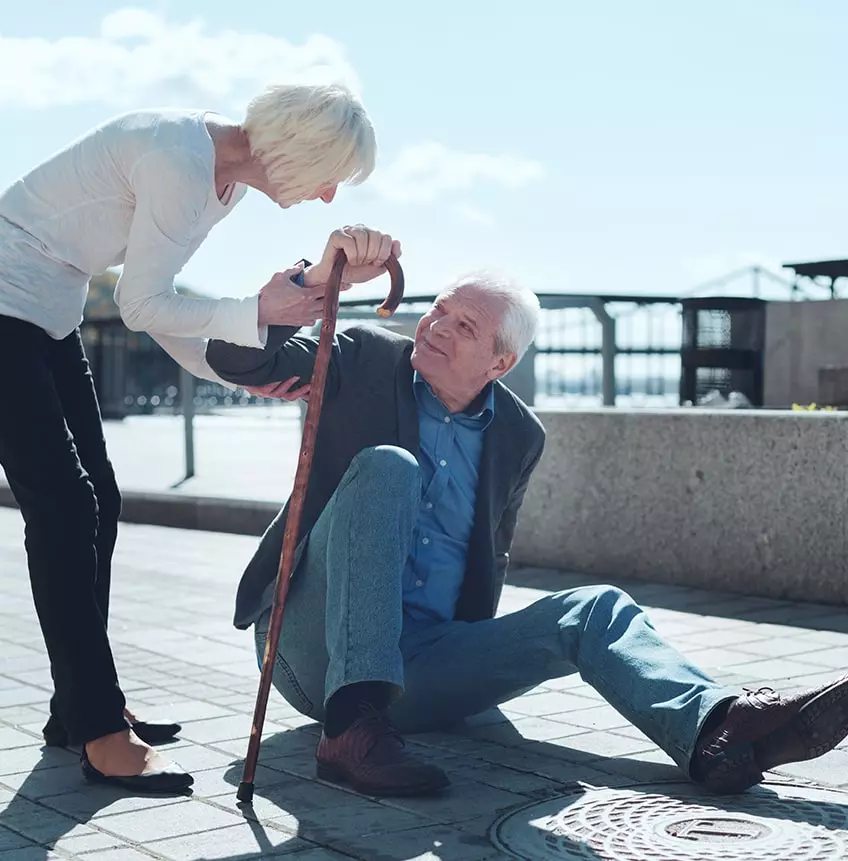
Domiciliary carers play a vital role in supporting older adults and people with additional needs to live independently at home. Because the role involves personal care, medication assistance, safeguarding responsibilities, and emotional support, carers must meet certain training and competency requirements. However, you do not necessarily need a university degree to become a domiciliary carer — but training and certification are essential to ensure safe, high-quality care.
This guide explains the required qualifications, recommended training pathways, ongoing professional development, and what families should look for when choosing a home care provider.
Core Requirements for Becoming a Domiciliary Carer
Find YOUR ideal care home NOW!
In the UK, there is no legal requirement for domiciliary carers to hold formal educational qualifications to start. However, employers must ensure all carers are properly trained, competent, and able to deliver safe care.
Minimum Entry Requirements:
- Right to work in the UK
- Clear Disclosure and Barring Service (DBS) check
- Good spoken and written English
- Ability to follow care plans and safeguarding procedures
- Compassion, patience, and emotional resilience
Most care providers also require completion of the Care Certificate, a national standard for social care support workers.
Recommended Qualifications and Training
The Care Certificate (Mandatory for New Care Workers)
The Care Certificate is a structured training programme covering 15 core standards, including:
- Duty of care
- Safeguarding adults
- Privacy and dignity
- Fluids, nutrition and hydration
- Basic life support
- Infection prevention and control
It is usually completed during the first 12 weeks of employment.
Level 2 and 3 Diplomas in Health and Social Care
These are nationally recognised qualifications that provide in-depth knowledge of care delivery.
- Level 2 Diploma: Entry-level qualification for daily care duties
- Level 3 Diploma: Advanced qualification for those managing care or supporting higher-needs clients
Specialist Training Areas (Depending on Client Needs)
- Dementia care
- Medication administration awareness
- Moving and handling training
- End-of-life / palliative care
- First aid training
Curious about how domiciliary carers are qualified in the UK?
Domiciliary carers play an important role in supporting older adults at home, and many hold recognised training and qualifications to assist with personal care, medication support and day-to-day tasks. Understanding these qualifications can help families feel more confident when arranging at-home care, and it can also clarify when additional support—such as a residential or nursing home—might be appropriate if needs increase. If you’re exploring care options and considering the next steps, Senior Home Plus offers free guidance to help families understand care and nursing home options across the UK.
Get guidance on care optionsFree guidance • No obligation
Comparison of Key Training Components
| Qualification / Training | Purpose | Typical Duration |
|---|---|---|
| The Care Certificate | Introduces essential care skills and knowledge. | 4–12 weeks (usually during employment). |
| DBS Check | Ensures safe working with vulnerable individuals. | 1–4 weeks (application processing). |
| Level 2 Diploma in Care | Develops foundational caregiving competencies. | 6–12 months (work-based learning). |
| Level 3 Diploma in Care | Prepares carers for advanced responsibilities. | 12–18 months (work-based learning). |
| Specialist Skills Training | Builds expertise in specific health conditions. | Varies depending on module (1 day to several weeks). |
Why Training and Qualifications Matter
Well-trained domiciliary carers are equipped to:
- Deliver care safely and with dignity
- Respond calmly to emergencies
- Support older adults with complex or changing needs
- Communicate effectively with families and healthcare professionals
- Promote independence and quality of life
For families choosing care, checking staff training standards is essential.
FAQ – Optimised for Search
Do domiciliary carers need the Care Certificate?
Yes. It is required for anyone new to care roles and must be completed during the first weeks of employment.
Can you become a domiciliary carer with no experience?
Yes. Many organisations offer full training for beginners, provided the individual demonstrates empathy and reliability.
Do domiciliary carers need to administer medication?
Sometimes. If they do, medication training and competency assessment are required.
Is a driving licence required?
Often yes, especially when carers travel between clients. Some urban roles do not require it.
Need help finding a care home?
Senior Home Plus offers free personalized guidance to help you find a care facility that suits your health needs, budget, and preferred location in the UK.
Call us at 0203 608 0055 to get expert assistance today.
Search for Care Homes by Region
| East Midlands | Eastern | Isle of Man |
| London | North East | North West |
| Northern Ireland | Scotland | South East |
| South West | Wales | West Midlands |
| Yorkshire and the Humber |
You are looking for a care home or nursing home for your loved one ?
Share this article :
Latest posts
You are looking for an establishment for your loved one ?
Get availability & prices
Fill in this form and receive
all the essential information
We would like to inform you of the existence of the opposition list for telephone canvassing.








